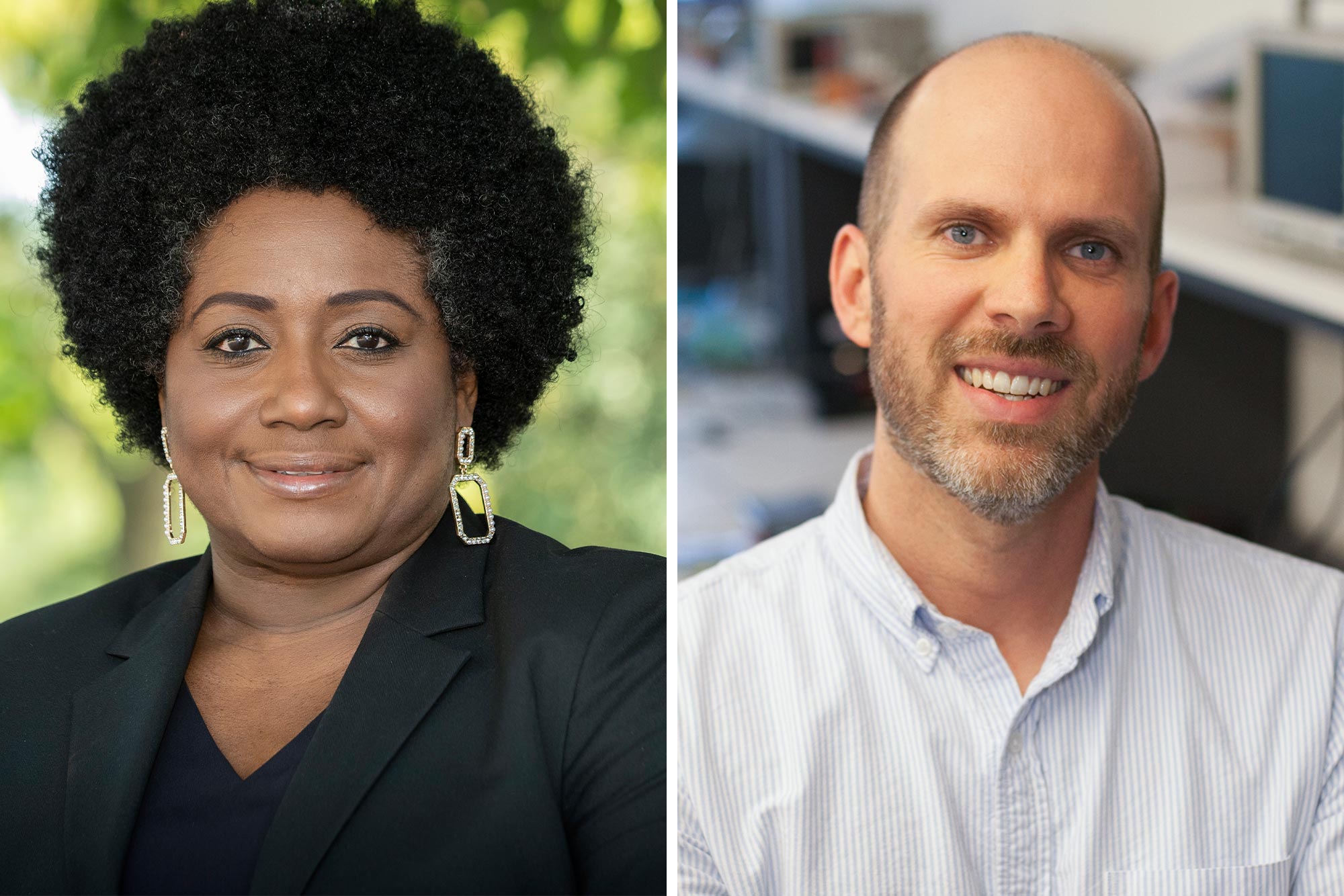Renée Cummings arrived at the University of Virginia in October 2020 as the School of Data Science’s first data-activist-in-residence. Cummings, who speaks internationally on artificial intelligence ethics and inclusive innovation, also lectures on big data ethics in the school’s data science master’s program.
The No. 1 question she gets from UVA students is also big: “How do I make a difference?” Students want to know how to think about making decisions to ensure their choices are ethical and serve society.
“Our work at UVA is to give students the confidence to act responsibly and on behalf of the public good,” Cummings said. “We want students to understand why justice and social good and civic-mindedness are so critical to the work that we are doing in technology.”
Now Cummings is furthering her contributions to this mission by helping lead UVA’s role in the Public Interest Technology University Network, a consortium of 43 academic institutions focused on building the field of public interest technology and preparing the next generation of civic-minded technologists. Her co-leader at UVA, with whom she will serve a three-year term, is Jonathan L. Goodall, professor of civil engineering in the School of Engineering and Applied Science.
“Technology can help address many challenges facing cities and communities, but technological solutions must be developed in partnership with communities so that they are trusted and targeted in their use,” Goodall said. “Public interest technology is a new field at this interface between technology and community engagement, with the aim of creating technology that best serves the public interest. It is exciting to work with Renée to build a community of folks from across Grounds engaging in this new field.”
UVA was one of 21 college and university founding members of the network, convened in 2019 by New America, the Ford Foundation and the Hewlett Foundation. The goal of the Public Interest Technology University Network, which uses the abbreviation PIT-UN, is to collaborate on new curricula, faculty training, experiential learning opportunities and innovative ways to support students who enter public interest technology fields. The network provides grants to its members to support these efforts.
UVA’s relationship with the network was initiated by Louis Nelson, vice provost for academic outreach, who quickly moved to recruit content experts from across Grounds to guide the work.
“While public service and community-facing programs are clearly in the academic outreach domain, UVA is well-positioned to grow a stronger footprint in technology and ethics,” Nelson said. “Technology is going to shape the future, and I am thrilled that Renée and Jonathan are going to be leading and representing UVA in this space.”










